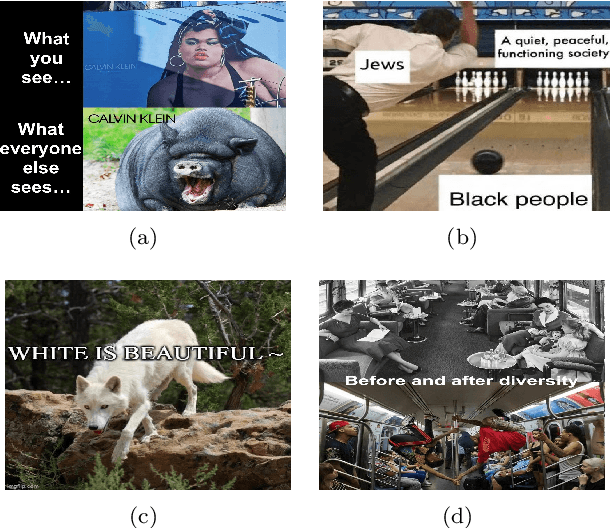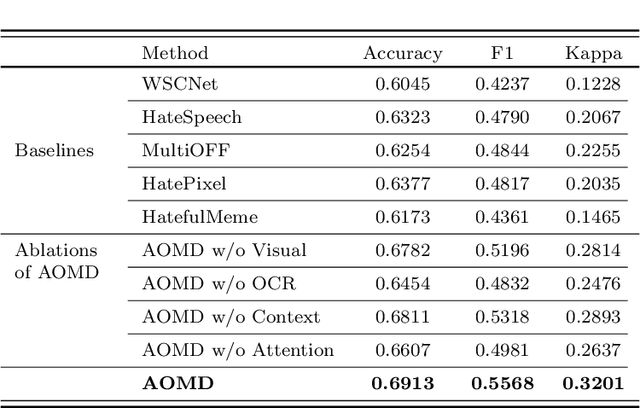Christina Youn
Xona Pulsar Compatibility with GNSS
Sep 19, 2025Abstract:At least ten emerging providers are developing satellite navigation systems for low Earth orbit (LEO). Compatibility with existing GNSS in L-band is critical to their successful deployment and for the larger ecosystem. Xona is deploying Pulsar, a near 260-satellite LEO constellation offering dual L-band navigation services near L1 and L5. Designed for interoperability, Pulsar provides centimeter-level accuracy, resilience, and authentication, while maintaining a format that existing GNSS receivers can support through a firmware update. This study examines Pulsar's compatibility with GPS and Galileo by evaluating C/N0 degradation caused by the introduction of its X1 and X5 signals. Using spectrally compact QPSK modulation, Pulsar minimizes interference despite higher signal power. Theoretical analysis is supported by hardware testing across a range of commercial GNSS receivers in both lab-based simulation and in-orbit live-sky conditions. The study confirms Pulsar causes no adverse interference effects to existing GNSS, supporting coexistence and integration within the global PNT ecosystem.
* 15 pages, 12 figures
AOMD: An Analogy-aware Approach to Offensive Meme Detection on Social Media
Jun 21, 2021



Abstract:This paper focuses on an important problem of detecting offensive analogy meme on online social media where the visual content and the texts/captions of the meme together make an analogy to convey the offensive information. Existing offensive meme detection solutions often ignore the implicit relation between the visual and textual contents of the meme and are insufficient to identify the offensive analogy memes. Two important challenges exist in accurately detecting the offensive analogy memes: i) it is not trivial to capture the analogy that is often implicitly conveyed by a meme; ii) it is also challenging to effectively align the complex analogy across different data modalities in a meme. To address the above challenges, we develop a deep learning based Analogy-aware Offensive Meme Detection (AOMD) framework to learn the implicit analogy from the multi-modal contents of the meme and effectively detect offensive analogy memes. We evaluate AOMD on two real-world datasets from online social media. Evaluation results show that AOMD achieves significant performance gains compared to state-of-the-art baselines by detecting offensive analogy memes more accurately.
 Add to Chrome
Add to Chrome Add to Firefox
Add to Firefox Add to Edge
Add to Edge